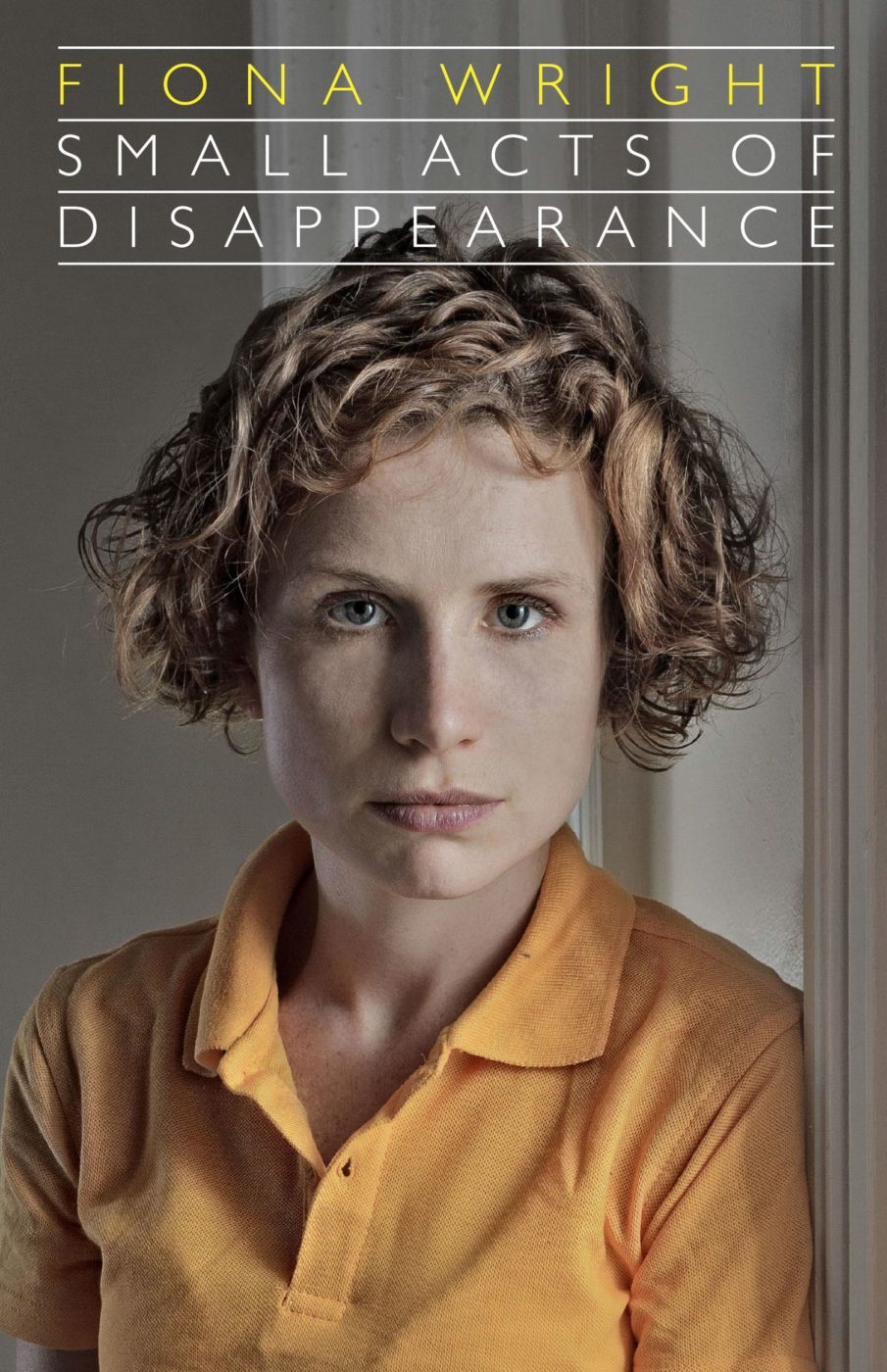
About the author
Fiona Wright
Fiona Wright is a writer, editor and critic from Sydney. Her book of essays Small Acts of Disappearance: Essays on Hunger won the 2016 Nita B. Kibble Award and the Queensland Literary Award for nonfiction and was shortlisted for the Stella Prize and the NSW Premier’s Douglas Stewart Award. Her first poetry collection, Knuckled, won the 2012 Dame Mary Gilmore Award, while Domestic Interior was shortlisted for the Prime Minister’s Literary Award for Poetry. She completed a PhD at Western Sydney University’s Writing & Society Research Centre. Her poems and essays have been published in the Australian, Meanjin, Island, Overland, The Lifted Brow, Seizure and HEAT.
About the book
Small Acts of Disappearance describes the author’s affliction with an eating disorder which begins in university, and escalates into life-threatening anorexia over the next ten years. Fiona Wright is a highly regarded poet and critic, and her account of her illness is informed by a keen sense of its contradictions and deceptions, and by an awareness of the empowering effects of hunger, which is unsparing in its consideration of the author’s motives and actions.
The essays offer perspectives on the eating disorder at different stages in Wright’s life: at university, where she finds herself in a radically different social world to the one she grew up in, in Sri Lanka as a fledgling journalist, in Germany as a young writer, in her hospital treatments back in Sydney. They combine travel writing, memoir and literary discussions of how writers like Christina Stead, Carmel Bird, Tim Winton, John Berryman and Louise Glück deal with anorexia and addiction; together with accounts of family life, the observation of detail and the humour which is so compelling in Wright’s poetry.
Judges' report
Small Acts of Disappearance is a collection of essays on anorexia, a disorder as disturbing as it is mysterious, even to its own sufferers. Documenting Fiona Wright’s experience from the beginning of her affliction, when she was a student, to her hospitalisation with a life-threateningly extreme version of the illness, the essays display a candour and an intelligence that describe the course of illness with great precision and illuminate the sufferer’s motives and actions over time.
The narrative is crosshatched with other experiences and subjects: travel, autobiography, and literature – in particular writers who have used their art to anatomise the extremity of compulsion. The range of Wright’s research, from contemporary neurobiologists to old school modernists, and the quality of her insights make Small Acts of Disappearance a valuable book. Wright brings a sometimes melancholy, sometimes comic, well-informed honesty to an important subject.
Further reading
Reviews:
‘Small Acts of Disappearance proves once again that Fiona Wright is a writer possessed of a thoughtful voice and a keen subtlety, and a memoirist whose time is now.’ James Tierney, Kill Your Darlings
‘It seems depraved to describe a collection of essays about hunger as a pleasure to read. Yet the craft and clarity of Small Acts of Disappearance: Essays on Hunger make it so, despite its brutal subject.’ Katherine Wilson, Sydney Morning Herald
‘The essays of Small Acts of Disappearance thematise the difficulty of showing oneself while still in the process of finding oneself, but in doing so, they establish both gestures as worthy goals. In this, Wright’s essays move haltingly towards a public intimacy, an assertion that, unlike hunger, writing’s mediating role may be used to draw connections and thereby mime, not isolation, but love.’ Alys Moody, Sydney Review of Books
Further reading:


